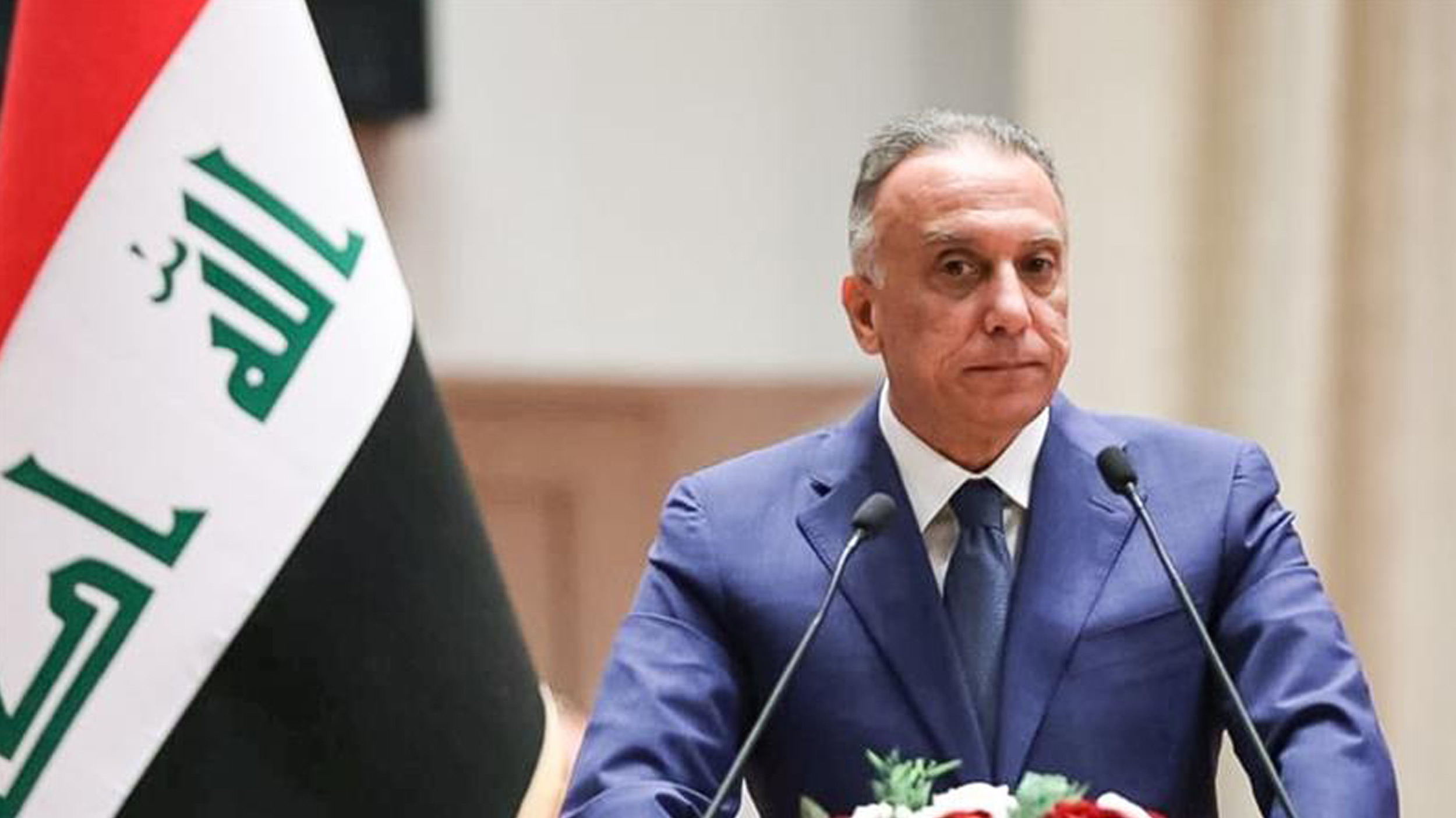
On 25 June 2020, an Iraqi security force raided a headquarters of the Hezbollah Brigades, an Iraqi Shia militia with close ties to Iran, arresting 14 people and confiscating three Katyusha rocket launchers, which had been used in recent months to shell the US embassy in Baghdad. An unprecedented move, the raid signaled that the new prime minister, Mustafa al-Kadhimi, was determined to assert state authority over Shia militias, which operate both within and parallel to state institutions and are effectively above the law. Within hours of the raid, however, the Hezbollah Brigades attacked a headquarters of the elite Iraqi counterterrorism forces and detained several people. After negotiations, al-Kadhimi agreed to turn over the arrested Hezbollah Brigades fighters to the intelligence arm of the Popular Mobilization Forces (PMF). Two weeks later, a court ordered the release of the fighters for lack of evidence of involvement in criminal activity.
The episode raises the question: Is al-Kadhimi truly determined to confront Shia militias and the threat they pose to national security and many citizens? And does he possess the necessary political support and moral and material force to do so?
The security crisis facing the Kadhimi government and the Iraqi state is a major obstacle to stability and economic development in Iraq, representing a significant drain on the country’s resources and capacities. Since the fight against the Islamic State (IS) began in 2014, Shia militias have proliferated and gained strength, and they now function as a parallel state—one with an explicitly sectarian character that is often aligned with Iranian interests against Iraq. Efforts by former Prime Minister Adel Abdul Mahdi to rein in militias after the defeat of IS proved unsuccessful, although Abdul Mahdi, unlike al-Kadhimi, was backed by most Shia forces and met with the acceptance of both Iran and the US. When his government ordered prisoners released from Shia militia prisons, the evacuation of these militias from Sunni cities, and the return of Sunni refugees who had been displaced during the fight with IS, the militias ignored him.
As the US-Iran confrontation heated up following the assassination of Iranian general Qasem Soleimani and Iraqi PMF commander Abu Mahdi al-Muhandis, Shia militias have acted with increased independence, and brazenness, refusing to bend to the Iraqi government’s will or policies, demonstrated most clearly in their repeated targeting of US forces and sites around Iraq following the Soleimani assassination.
This state of affairs has exacted a heavy toll on Iraqis. In areas liberated from IS, militias allegedly set up secret prisons into which thousands of people disappeared; they have been involved in forced expulsions, torture and extrajudicial killing, and some have allegedly run extortion schemes in Sunni areas, demanding protection payments from residents and confiscating their property. The economic toll is no less severe. Shia militias are said to control the Syrian and Iranian borders, collecting transit fees for both people and goods that go into their private coffers. In the south, they allegedly control the Basra port. They have also been accused of extracting tens of thousands of barrels of oil a day from pipelines and oil fields and moving them outside the country. According to unconfirmed estimates, militia activities cost the Iraqi state billions of dollars in revenue annually.
Bringing the militias under state control is therefore a priority for al-Kadhimi’s government, which cannot be done without promoting a unifying Iraqi patriotism and ending sectarian policies. In order to contain partisan political jockeying and Iranian influence in militias and state agencies, al-Kadhimi may convene an Iraqi national conference bringing together political leaders, opinion makers, tribal elders, and representatives of civic and professional groups with the goal of re-envisioning the Iraqi state, amending the constitution, and building a consensus around the nature of the state, its relationship to its people, its regional and international relations, and its priorities in this period.
No government can govern unless state institutions implement its political, economic, social, and security programs. More than 15 years after the US invasion, the crisis of al-Kadhimi’s government is, in fact, the crisis of the Iraqi state. At this point, he has only two choices: he can take on all militias, regardless of the cost and consequences, and thereby assert the primacy of the state, or he can continue to make promises he cannot keep and announce programmes he cannot implement until the next elections bring in yet another government.
*This is a summary of a policy brief originally written in Arabic, available here: https://studies.aljazeera.net/ar/article/4737.